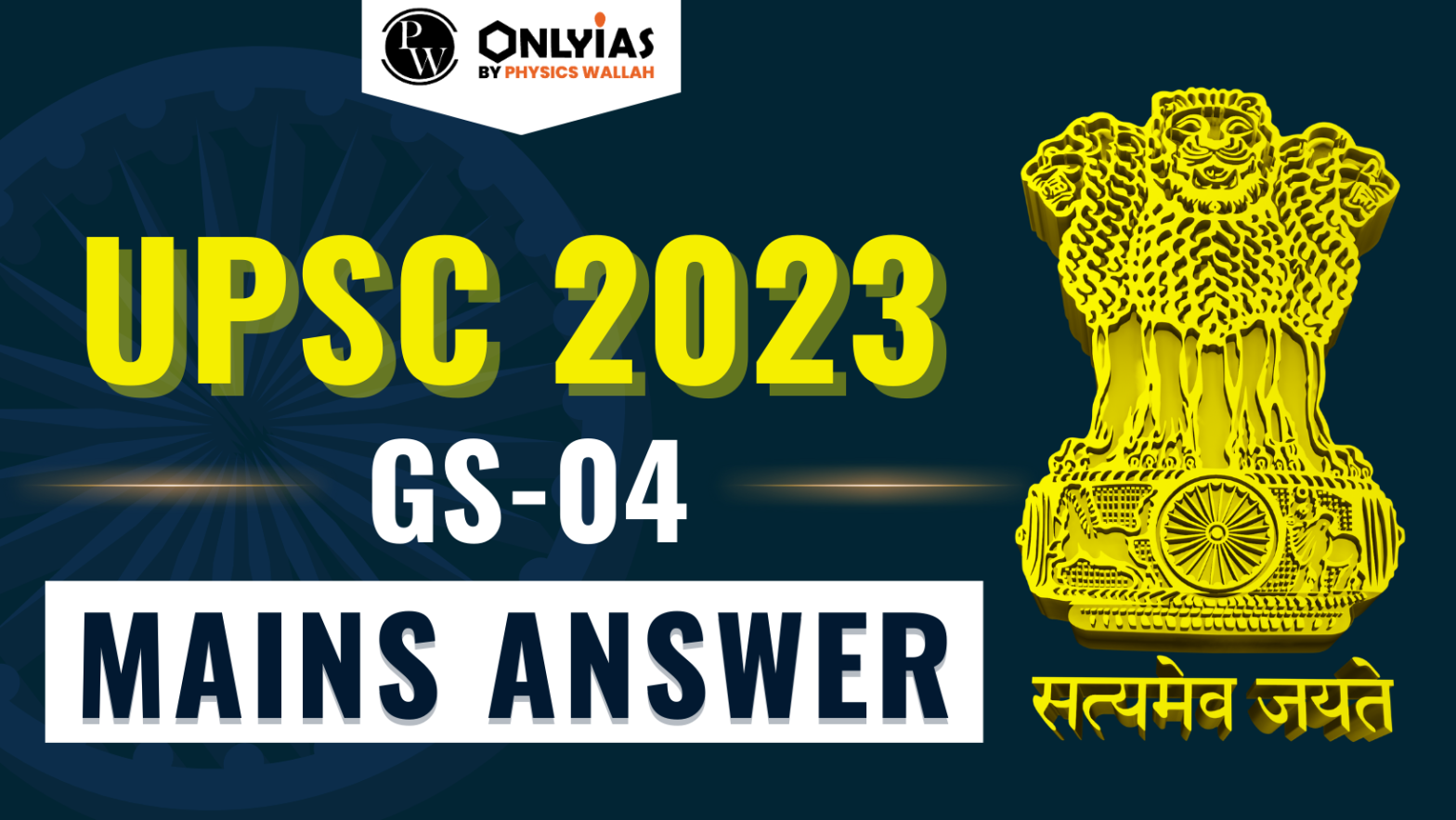Gut Feeling vs. Reasoned Choice: UPSC on Morality Master moral judgments! Explore the differences between intuition and reasoning in ethical dilemmas. #UPSC #Ethics #MoralDecisions

Q4b. Differentiate ‘moral intuition’ from ‘moral reasoning’ with suitable examples,
Ans:
Introduction
Moral intuition and moral reasoning are pivotal cognitive processes in shaping our moral judgments. Moral intuition operates as an immediate, emotion-driven response, whereas moral reasoning involves a deliberate, rational analysis before reaching a moral decision. For example, in a distressing situation, moral intuition prompts instinctive help, while moral reasoning assesses potential risks and benefits before deciding on the appropriate action.
Body
Difference between ‘Moral Intuition’ and ‘Moral Reasoning’:
| Aspects | Moral Intuition | Moral Reasoning |
| Definition | Immediate and automatic judgement about the right or wrong of a situation, often driven by emotions and instinctive reactions. | The deliberate process of determining right or wrong through logical analysis, involving critical thinking and evaluation of ethical principles. |
| Characteristic | Often instantaneous, arising from gut feelings without conscious reasoning. | Involves conscious thought, where one applies moral principles and ethical theories to reach a conclusion. |
| Importance in Moral Judgements | Plays a foundational role, forming the immediate judgement that can later be analyzed through reasoning. | Comes into play when one seeks to justify a moral judgement or when engaging in moral discussions and debates. |
| Psychological Basis | Grounded in innate tendencies and shaped by evolutionary processes, cultural norms, and personal experiences. | Relies on cognitive processes and often involves employing moral philosophies such as utilitarianism or deontology. |
| Objectivity | Can be biased and subject to personal prejudices and might not always lead to morally correct judgments. | Can sometimes be influenced by an individual’s moral intuition, and therefore not entirely objective. |
| Moral Development | Develops early in life, with children showcasing basic moral intuitions. | Evolves with cognitive development and education, becoming more refined with intellectual maturity. |
| Examples | 1. Feeling an instant disapproval upon seeing someone steal, without analyzing the act in depth.
2. Feeling a spontaneous urge to donate to a charitable cause upon hearing about a natural disaster or a humanitarian crisis. |
1. Critically evaluating the implications of a policy on various stakeholders and making a decision based on principles of justice and fairness.
2. Deliberating on the allocation of limited medical resources (like ventilators) during a pandemic, considering principles of justice, equity, and the greater good. |
Conclusion
Moral intuition and moral reasoning are distinct yet interconnected processes that guide individuals in their moral decision-making, with moral intuition often serving as the instinctive compass and moral reasoning providing the calibration. A deep understanding of these processes can lead to a comprehensive and thoughtful approach to ethical dilemmas, fostering a well-rounded moral decision-making process.
| For a Detailed explanation of the UPSC GS-01 Mains question 2023, click here.
For a Detailed explanation of the UPSC GS-02 Mains question 2023, click here. For a Detailed explanation of the UPSC GS-03 Mains question 2023, click here. For a Detailed explanation of the UPSC GS-04 Mains question 2023, click here. |

<div class="new-fform">
</div>